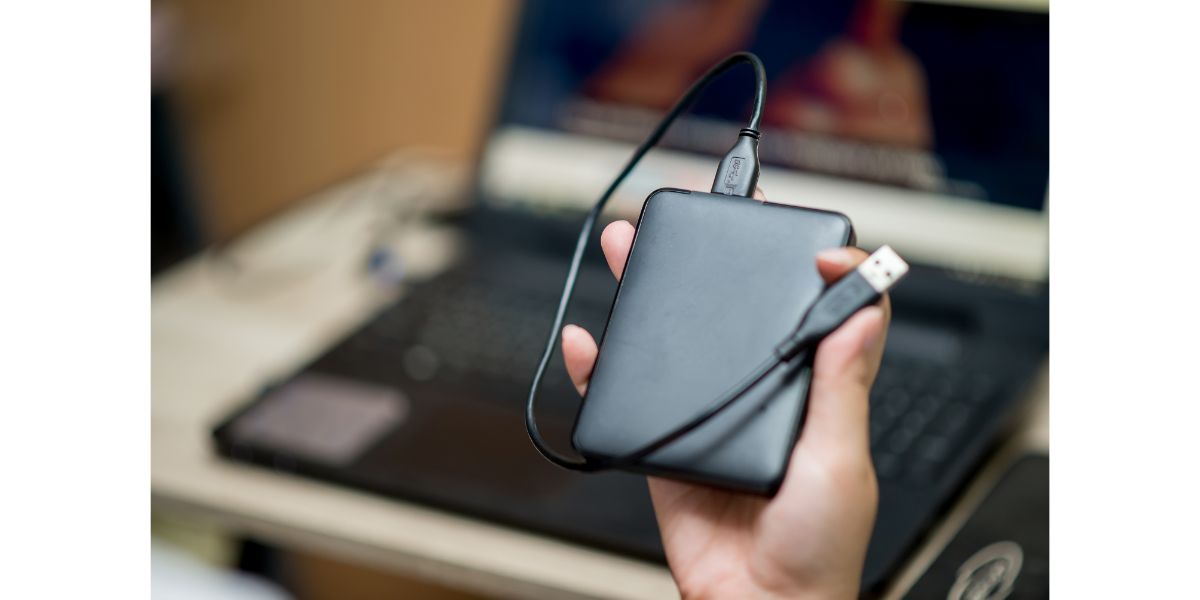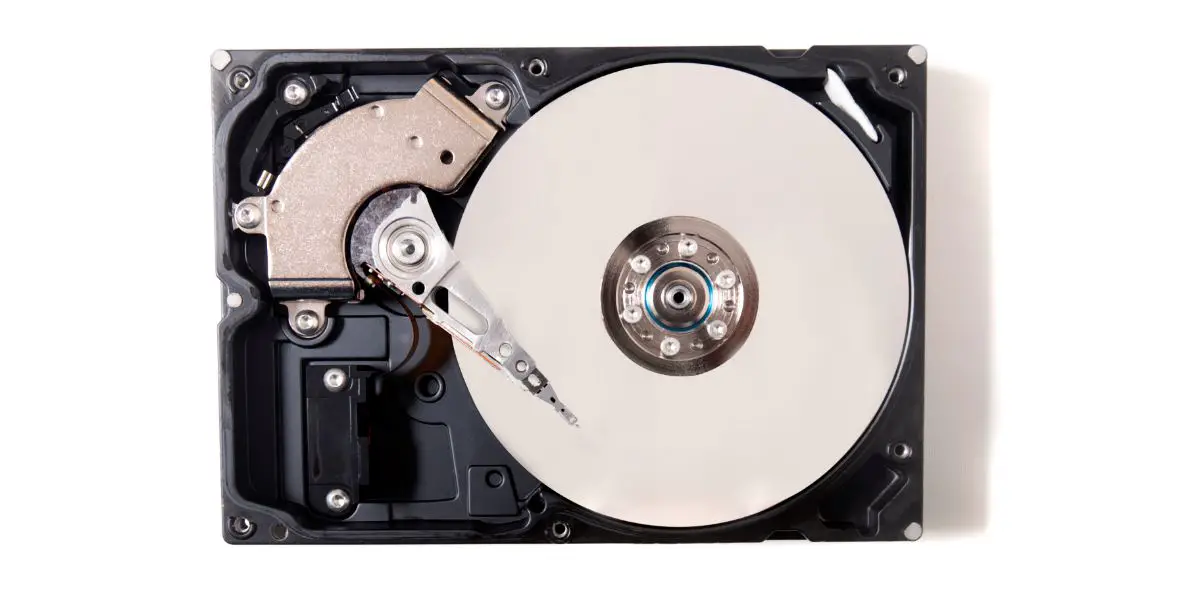Disclaimer: This post may contain affiliate links, meaning we get a small commission if you make a purchase through our links, at no cost to you. For more information, please visit our Disclaimer Page.
The hard drive is the central memory unit where the computer stores all its data. When we say data, we could mean media in text, audio, imagery, or video formats.
You can further put subcategories under them to classify each data. But no matter what type of data you want to store, your computer will use its hard disk drive to do this long-term.
Any computer you might buy brand new will come with an internal hard drive of its own. But, you can also buy an external drive for extra storage. You can plug these external drives into computer ports to store or access data.
Price is a primary factor when you want to buy an external disk drive. And external hard disk drives are generally less expensive than their internal counterparts.
Table of Contents
How Come External Hard Drives Are Cheaper Than Internal Ones? (4 Reasons)
The value of an external hard disk varies from manufacturer to manufacturer. Furthermore, manufacturers use different criteria to measure the value of these products. Some of these criteria include the quality and assembly of the disk drives. Below are a few more reasons why:
1. Warranty
Generally, warranty periods for external drives are shorter than the internal ones. An external drive won’t be something an average user will power up more than an internal one. So, it is more likely that the external drive will outlast the warranty period.
2. Demand
Market demands seem to be greater for external drives than internal ones. And some people think that greater demand could drive up the prices of these components. That’s a misconception. Mass production and purchases allow companies to sell their products at lower prices.
On the contrary, lower demand translates to making fewer parts per component. And the rarer a component is, the more expensive it becomes.
3. Binning
Binning is a process manufacturers use for sorting computer chips. And these chips can either be high or low-performing. A high-performing chip is faster and vice-versa.
So you could guess that an external hard drive with high-performing chips will cost more. But, external storage with low-performing chips will be cheaper.
For the most part, manufacturers use several more factors for the binning process. That could include the design of the storage. For example, an external drive with a sleek design can cost more than a simple one.
But no matter the criteria, a lower model does not meet all of the set performance benchmarks. Thus, they will offer this otherwise fine model to consumers at a lower price point.
4. Performance
In the section above, we talked about binning. We also mentioned the two criteria for classification. Now, a high-performing disk means it is fast and has fewer vibrations.
These factors affect how these disks will fare later when you use them. Although the choice depends on you, you don’t want to end up with a disk with lower usable storage capacity.
Are External Hard Drives As Reliable as Internal Ones?
Both internal and external drives have the same function regardless of the technology. Some manufacturers claim their external disk storage uses the latest tech. Yet, they still operate using similar mechanisms.
Further, external hard disks are as reliable as internal ones. With reliability, we mean how both drives can store and retrieve data. It also means how long they can perform without getting corrupted.
In this way, both forms of the drive should be similar. But, this doesn’t mean that there are not more caveats when looking at external hard disks.
While both storage types can have issues, the internal disk stays encased in its case. In addition, internal hard drives have brackets that mount them to the case and keep them secure. Therefore, they should not move unless you decide to change your drive.
Thus, the components of stationary disks are less prone to damage. Even if they sustain scrapes, their hard casing absorbs those impacts.
An external drive, on the one hand, also has a case. But, it is thinner than a typical laptop shell or desktop tower. Further, the parts are closer to the surface of this material.
External drives are convenient and portable. But, they are easier for some people to lose in transit. In addition, many external disks are small and lightweight. Some models can fit into small bags or pockets.
Does an External Hard Drive Last Longer Than Internal One?
There are many variables we can use to answer this question. The most concise answer is it depends on how you use each drive. The more you use a hard drive, the shorter its life becomes.
You can use a single external disk across several computers. You might even use it more than a dedicated internal one. But, if you don’t drop, damage, or use an external drive, it can last a long time.
Can I Use an External Hard Drive as an Internal Hard Drive?
Yes, it is possible to use an external drive to replace an internal one. You only need to get the external drive from its outer casing.
Many are surprised that drive is the same as the internal disk inside their computer. However, the external drive should use the same kind of interface as your internal one.
Furthermore, the external disk needs to be the same size as the internal disk. In short, the external drive must be compatible with your computer specs to work well.
Conclusion
External hard disks offer a relatively inexpensive and easy way to get more storage. Additionally, you can spread your data across multiple such drives without too much trouble. On balance, these drives should be just as reliable as internal ones, and you might be able to convert some of the external disks to internal ones. If you take care in how you use your external units, they should also last you a long time.


